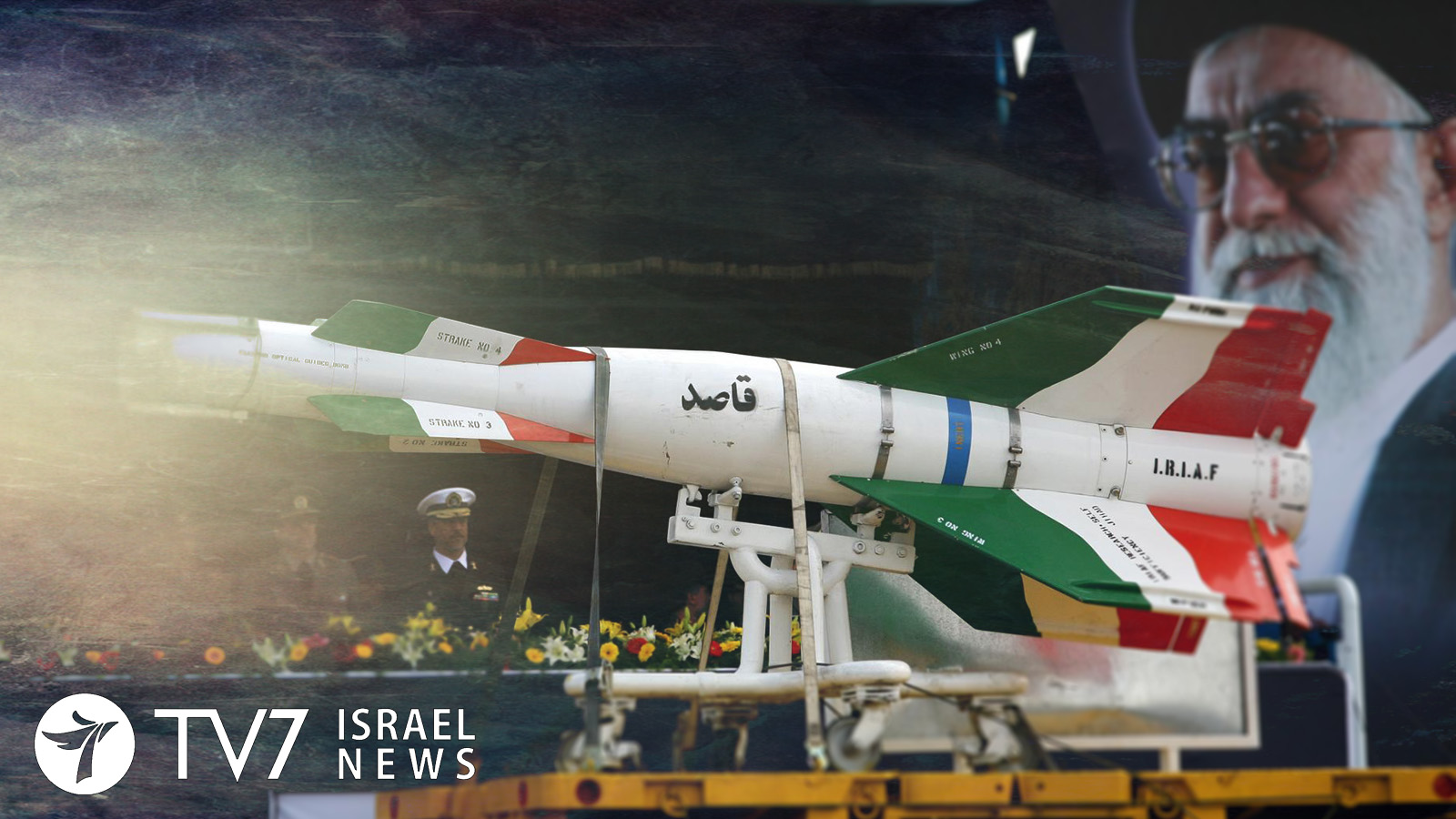A senior official with the administration of U.S. President Donald Trump revealed that Iran successfully test-fired a Shehab-3 medium-range ballistic missile two days ago, on July 24. Speaking on condition of anonymity to Fox News, the source reported that the missile flew nearly 1,000 kilometers from the southern part of the country northward to an area near the capital, Tehran. The official said that the exercise did not pose a threat to shipping or any U.S. personnel in the region.
Late yesterday the network cited another White House source as saying, “we are aware of reports of a projectile launched from Iran and have no further comment at this time.”
If confirmed, the incident will likely add to already high tensions between the U.S. and the Islamic Republic. Washington staunchly maintains that Tehran’s missile tests violate United Nations Security Council Resolution 2231, which endorsed the 2015 Joint Comprehensive Plan of Action nuclear deal with world powers; that “called upon” Iran to refrain from work on ballistic missiles capable of carrying atomic payloads for a period lasting up to 2023.
Iran disputes ballistic missile testing is in breach of any international agreements, and its leadership has repeatedly asserted the right to manufacture missiles for national defense. Over the past several years, Tehran has conducted several such tests, including the failed launch of a satellite into space last February.
After reiterating Washington’s offer to hold talks with Iran in efforts to reduce current tensions, U.S. Secretary of State Mike Pompeo has announced willingness to travel to Tehran to do so. The probability of such a summit seems low, however, following statements from the top military adviser to Iran’s Supreme Leader Ayatollah Ali Khamenei on Wednesday that the Islamic Republic will not negotiate with U.S. President Donald Trump under any circumstances.
Relations between the two have been strained since Trump withdrew from the JCPOA in May 2018, and reimposed crippling sanctions against Iran designed to drive it back to the bargaining table to negotiate terms of its nuclear development. Tensions have further spiked these past three months, in which there have been repeated attacks on oil tankers in the Strait of Hormuz off the coast of Iran.
Iran is also holding the British-flagged Stena Impero oil tanker and its 23 crew members captive since Islamic Revolutionary Guard Corps (IRGC) commandos seized the vessel in the Strait of Hormuz on July 19th. The capture came after British Royal Marines seized the Iranian Grace 1 supertanker carrying 2 million barrels of Iranian crude off Gibraltar, because it was suspected of taking oil to Syria in defiance of EU sanctions-. Iran insists the Stena Impero was detained on charges of maritime law violations and not in retaliation for the Grace 1 – which it claims had no intention to breach EU sanctions.
U.S. Secretary of State Pompeo also issued a call on world nations to join Washington’s planned maritime security initiative to defend navigational freedom in the Strait of Hormuz, through which one-fifth of all globally traded crude oil passes. “Every country that has an interest in ensuring that those waterways are open and crude oil and other products can flow through the Strait of Hormuz needs to participate,” Pompeo said.
Other major incidents recently inflaming the Persian Gulf include the downing of a U.S. unmanned military surveillance vehicle by Iranian forces on June 20. Both countries confirmed the incident but disagreed over the aircraft’s location. Washington stated the UAV was in international territory, while Tehran said it had violated its airspace. The following day Trump tweeted that he called off a retaliatory bombing just ten minutes before launch, due to a high prospective casualty assessment. On July 18th, the U.S. President claimed the USS Boxer warship shot down and “destroyed” an Iranian drone in the Strait of Hormuz after it threatened the U.S. Navy ship.
The ongoing naval friction has been accompanied by Iran’s declarations that it has begun uranium enrichment to 5% purity instead of the 3.67% limit imposed by the JCPOA, and will continue to reduce its commitments to the landmark 2015 pact every 60 days unless European signatories protected the Islamic Republic from U.S. sanctions reinstated by Washington.
